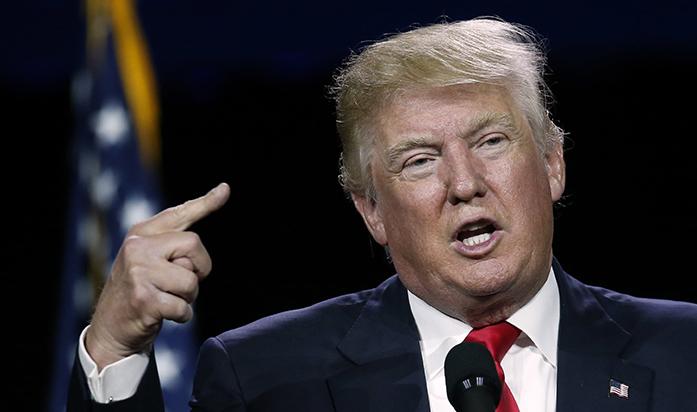By Marcus Brown
This year’s presidential election has arguably brought out the best and worst of the American people, with some choosing to stand in solidarity of an unrepentant demagogue-to-be while others stand in solidarity over their support of the less than ideal other candidate. In the final days of the election the American people have galvanized and unified to oppose a common enemy whether it be due to the blatant sexism, incessant xenophobia, or any other point in the litany of grievances one could have over the GOP nominee. However, we have been distracted. We have been distracted, and rightly so, but in the wake of our own political nightmare we have turned a blind eye towards an equally horrifying political nightmare.
The current president of the Philippines, Rodrigo Duterte, is a man who should strike fear in even the most ardent Trump supporter or Second Amendment enthusiast. Duterte has made international news most recently after announcing his refusal to buy “an order of some 26,000 police assault rifles from the U.S.” after it became public that because of possible human-rights violation, Sen. Ben Cardin, D-Md., would move to block the transaction.
The move to prevent the sale of the firearms to Duterte is certainly understandable, if not totally justified, because this is the same man who promised to “kill 100,000 criminals” and is well on his way of making good on his promise in his escalating war on drugs and corruption. In the past two weeks, two Filipino mayors allegedly involved in the sale of narcotics have been killed, adding to “about 2,000 people dead” as a result of Duterte’s bloody campaign. Despite the atrocities that have been committed under his stewardship, there are still some that identify with Duterte’s brand of no-nonsense law and order, which is why perhaps his actions should be put in a larger context.
To put things in perspective this is a man whose response to the rape and murder of an Australian missionary during a jail siege in 1989 was “she was so beautiful … the mayor should have been first.” Duterte was the mayor of Davao City at the time, the location of the missionary’s rape and murder. Since his election as president, Duterte has caused outrage and backlash amongst the international community for his colorful descriptions of government officials and foreign dignitaries such as when he referred to U.S. Ambassador Philip Goldberg as a homosexual child of a prostitute. This is a description I have paraphrased, and nearly identical to the description levied against Pope Francis following his visit to Manilla.
Of course, actions speak louder than words, which is perhaps what is so troubling about reading Duterte’s current exploits in the same election cycle that a man such as Donald Trump was allowed to become the Republican nominee. Of course, one cannot just go around drawing comparisons between any and every politician, but the similarities frighten me. Four years from now, I do not want to look back and say that the warning signs were all there if circumstances in the Philippines were to repeat themselves in the U.S. While all the circumstance that allowed for a man like Duterte to take office in the Philippines is not the same as they are in the U.S., the end result could very well be the same.



